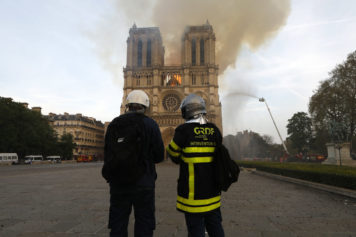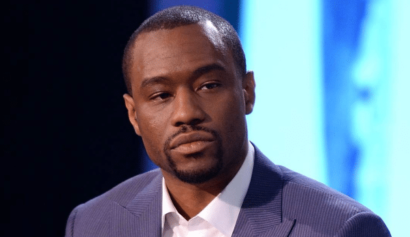Central African Republic President Francois Bozize was forced out of the country Saturday as Seleka rebels seized the presidential palace in the capital of Bangui.
Bozize fled south to the Democratic Republic of Congo, according to government officials. With rebels now controlling the city, Prime Minister Nicolas Tiangaye hopes that peace talks can begin.
“I think now that Bangui has fallen and the president is out, the citizens are hopeful there will be no more military violence,” said African political analyst Michael Amoah, told Aljazeera. “And the current prime minister stays in place; he is the choice of the rebels anyway.”
Rebels seized control of the national radio and TV service, and leader Michel Djotodia is expected to speak later in the day. CAR is one of the poorest countries in Africa despite its mineral resources. Bozize’s was the latest to come to power in a series of rebellions within the country, having staged his own military coup in 2003.
France has sent some 400 troops to CAR in an attempt to aid government forces, but said Sunday that it will not provide further support. French officials warned citizens in the CAR to stay indoors, but reportedly do not consider their people to be in danger.
“We have asked our citizens to remain at home. For the time being, there is nothing to be worried about,” a source told Aljazeera. “There is no direct threat to our citizens at the moment.”
The UN humanitarian agency, OCHA, reported that looting was taking place within Bangui, and expressed concerns over possible violence between ethnic groups in the city. More than 170,000 people have been displaced due to the fighting.
“The situation in town is chaotic in the sense than communities are looting properties, private properties, even a pediatric hospital we understand has been looted,” OCHA representative Amy Martin told the BBC. “Our main concern right now is at the community level, with the looting and the possible tensions between various ethnic groups.”


